Johannes Kropf
Image-based Natural Language Understanding Using 2D Convolutional Neural Networks
Nov 06, 2018
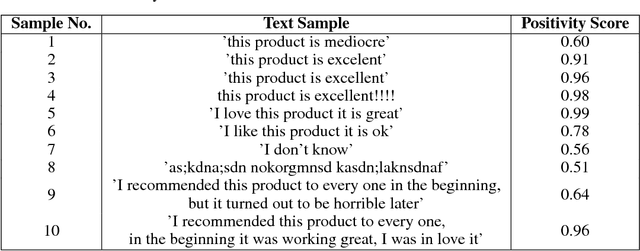


Abstract:We propose a new approach to natural language understanding in which we consider the input text as an image and apply 2D Convolutional Neural Networks to learn the local and global semantics of the sentences from the variations ofthe visual patterns of words. Our approach demonstrates that it is possible to get semantically meaningful features from images with text without using optical character recognition and sequential processing pipelines, techniques that traditional Natural Language Understanding algorithms require. To validate our approach, we present results for two applications: text classification and dialog modeling. Using a 2D Convolutional Neural Network, we were able to outperform the state-of-art accuracy results of non-Latin alphabet-based text classification and achieved promising results for eight text classification datasets. Furthermore, our approach outperformed the memory networks when using out of vocabulary entities fromtask 4 of the bAbI dialog dataset.
Human Activity Recognition using Recurrent Neural Networks
Apr 19, 2018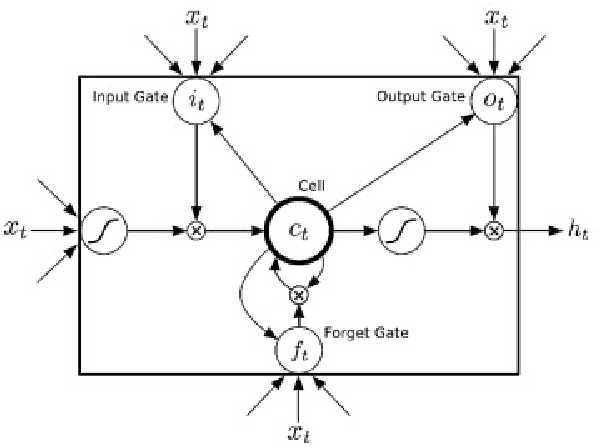
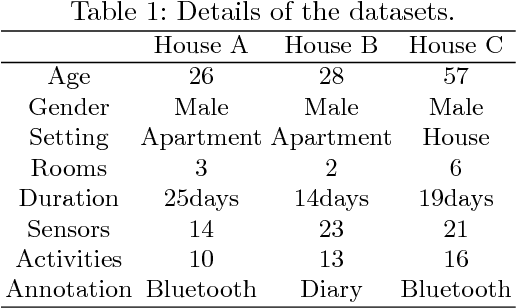
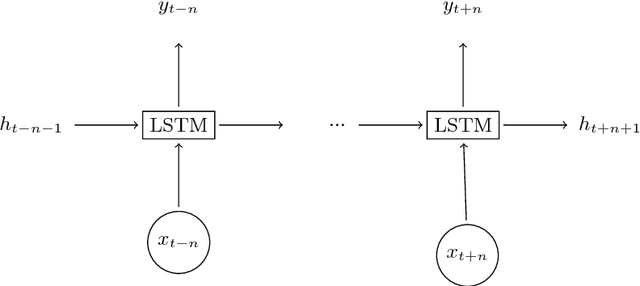

Abstract:Human activity recognition using smart home sensors is one of the bases of ubiquitous computing in smart environments and a topic undergoing intense research in the field of ambient assisted living. The increasingly large amount of data sets calls for machine learning methods. In this paper, we introduce a deep learning model that learns to classify human activities without using any prior knowledge. For this purpose, a Long Short Term Memory (LSTM) Recurrent Neural Network was applied to three real world smart home datasets. The results of these experiments show that the proposed approach outperforms the existing ones in terms of accuracy and performance.
A Deep Learning Approach for Privacy Preservation in Assisted Living
Feb 22, 2018
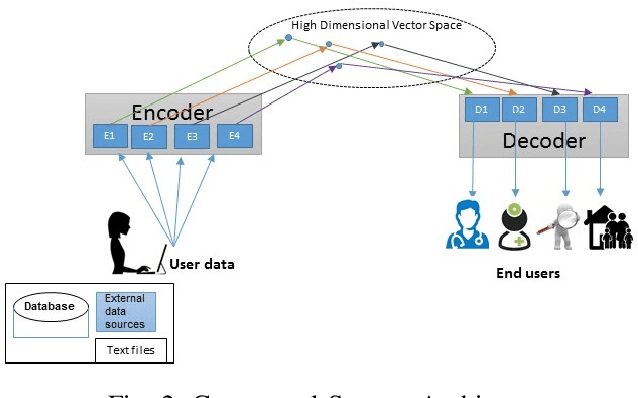


Abstract:In the era of Internet of Things (IoT) technologies the potential for privacy invasion is becoming a major concern especially in regards to healthcare data and Ambient Assisted Living (AAL) environments. Systems that offer AAL technologies make extensive use of personal data in order to provide services that are context-aware and personalized. This makes privacy preservation a very important issue especially since the users are not always aware of the privacy risks they could face. A lot of progress has been made in the deep learning field, however, there has been lack of research on privacy preservation of sensitive personal data with the use of deep learning. In this paper we focus on a Long Short Term Memory (LSTM) Encoder-Decoder, which is a principal component of deep learning, and propose a new encoding technique that allows the creation of different AAL data views, depending on the access level of the end user and the information they require access to. The efficiency and effectiveness of the proposed method are demonstrated with experiments on a simulated AAL dataset. Qualitatively, we show that the proposed model learns privacy operations such as disclosure, deletion and generalization and can perform encoding and decoding of the data with almost perfect recovery.
 Add to Chrome
Add to Chrome Add to Firefox
Add to Firefox Add to Edge
Add to Edge